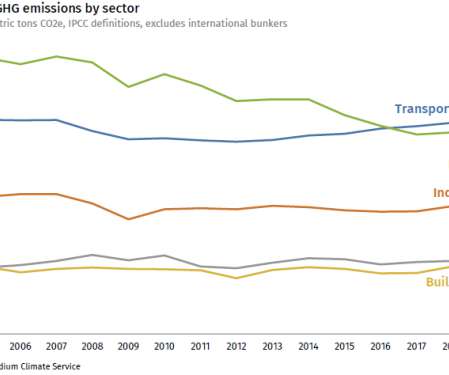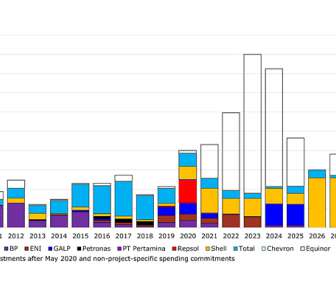GM secures all energy needed to achieve renewable energy goal for 2025; 25 years ahead of target set in 2016
Green Car Congress
OCTOBER 27, 2022
General Motors has finalized energy sourcing agreements required to secure 100% of the energy needed to power all its US facilities by 2025. Sourcing renewable energy is a critical component of GM’s plans to decarbonize. This is the main way through which GM is achieving its renewable energy goal.






































Let's personalize your content